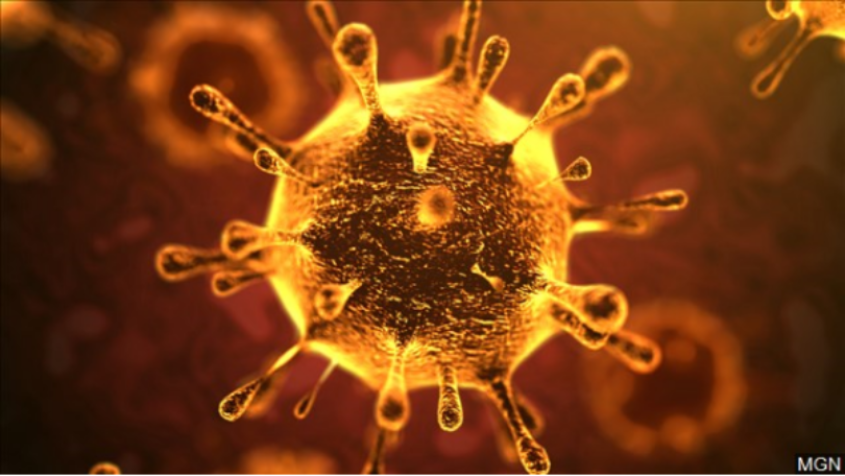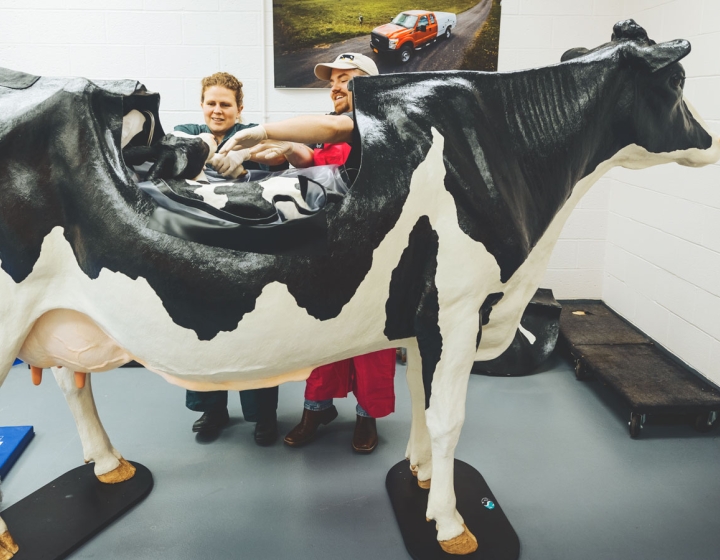Osofsky and Whittaker explain how to stop coronavirus from spreading
Note: This news item features content from another page. View the featured content for this news item.
As the coronavirus continues to spread throughout China, shutting down cities, businesses and schools, and spreading to several other countries, scientists are trying to understand how the disease arose and how to control it.

Steven Osofsky
Jay Hyman Professor of Wildlife Health and Health Policy
Emerging diseases like SARS and this new, related coronavirus are coming from “wet markets” – marketplaces that sell terrestrial and aquatic wildlife from around the world for human consumption. Steve Osofsky, professor of wildlife health and health policy at the Cornell College of Veterinary Medicine, says it is time to shut down wet markets for good.
Osofsky says:
“Some of my colleagues have suggested that the type of outbreak we are seeing with this latest coronavirus (a relative of SARS) can be managed by improving hygiene and surveillance in wildlife ‘wet markets’ common in China and other parts of Asia. They suggest that new drugs will come to our rescue.
“At a time when the entire world is increasingly bearing the costs of the global wildlife trade, where billions of dollars of public health emergency costs and the depletion of the world’s wildlife are literally the trade’s primary byproducts, it is time to shut down these markets forever. Full stop. It’s what’s right for public health, for biodiversity conservation, for the global economy, and for socioecological stability. We can no longer ignore the fact that the enormous risks and costs to all of us exceed the benefits flowing to a subset of people involved in this trade, much of which is also, by the way, illegal.”

Gary Whittaker
Professor of Virology
Gary Whittaker, virology expert at the Cornell College of Veterinary Medicine, researches how coronaviruses are a major cause of disease in many animal species and have become increasingly important as human pathogens. He says the coronavirus can enter cells easily, which makes it particularly difficult to control.
Whittaker says:
“All viruses need to gain access into host cells to infect, and how they do this can control disease. Coronaviruses like the one currently causing an outbreak in China are particularly flexible in how they can enter cells, which makes them especially problematic as emerging viruses.
“By analyzing sequence changes between existing and emerging viruses we can model structure and function and use this to predict changes in virus stability, transmission and pathogenesis, and how viruses move between species and cause enhanced disease within a given species.”






